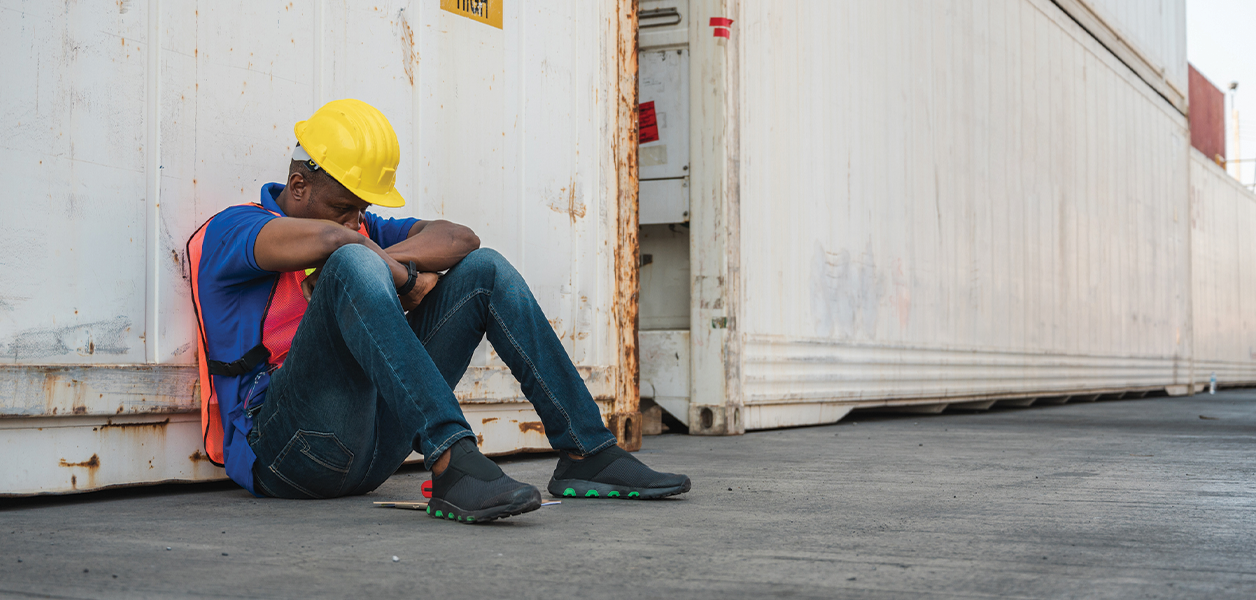A study from researchers at Carnegie Mellon University and the University of Pittsburgh shows construction workers are the most hesitant to get vaccinated, according to www.constructiondive.com.
Nearly half (46.4%) of those employed in the construction/extraction occupation category who responded to the survey said they would probably or definitely choose not to get vaccinated if offered a COVID-19 vaccine. Slightly fewer workers (42.6%) in the installation/maintenance/repair categories said the same.
The study noted main reasons for vaccine hesitancy were concerns about side effects, a belief the individual does not need the vaccine, distrust in the government or the vaccines themselves, and a preference to wait and see if the vaccine is safe.
Overall, vaccine hesitancy among all survey respondents decreased from 27.5% in January to 22.1% in March, indicating an increase in vaccine acceptance. However, the hesitancy continues to concern medical experts, and Wendy C. King, associate professor of epidemiology for Pitt’s Graduate School of Public Health and lead author of the study, said the need for more willing vaccine participants is crucial to reaching normalcy in the U.S.
“Vaccine hesitancy is emerging as a key barrier to ending the COVID-19 pandemic,” King said. “Identifying occupations with a high rate of COVID-19 vaccine hesitancy and understanding the reasons for hesitancy can help public health practitioners and the health care community target interventions and address concerns to hopefully increase vaccination rates.”
NRCA and construction industry organizations recently partnered with the Centers for Disease Control and Prevention for COVID-19 Vaccine Awareness Week in Construction April 19-23 to promote vaccines and encourage construction professionals to do their part and get their shots. If the campaign affected construction worker hesitancy, it would not have been reflected in the study, which concluded in March.





